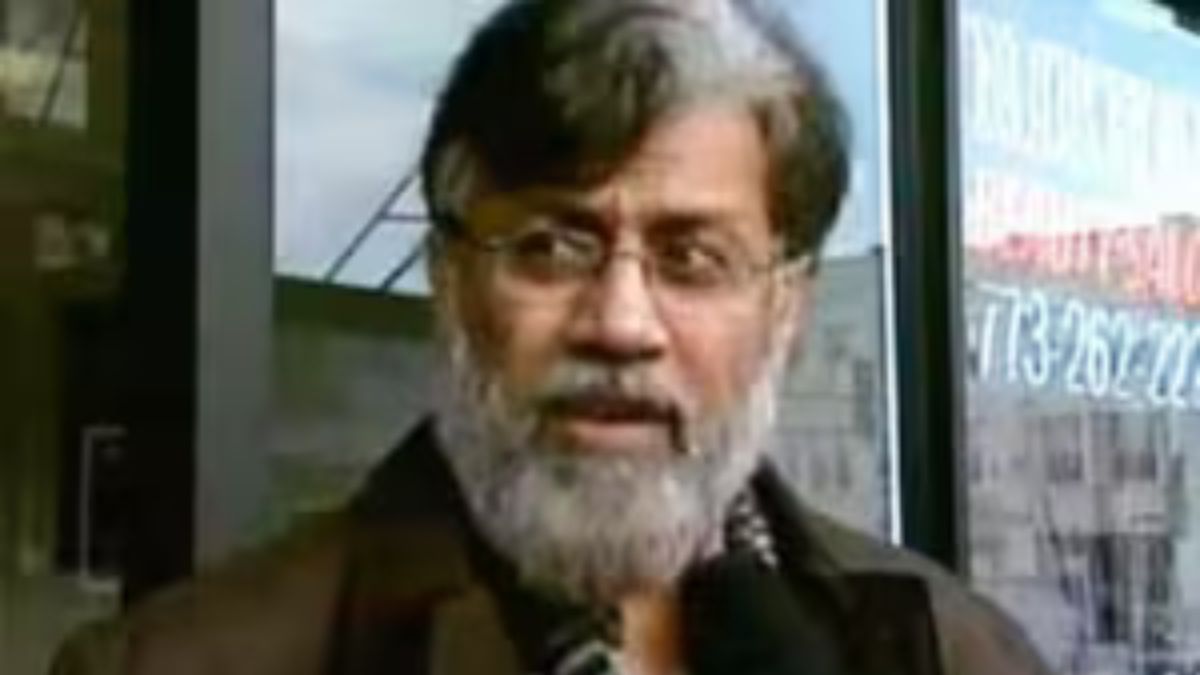The US Supreme Court on Monday (April 7) delivered a major setback to Pakistani-origin Canadian terrorist Tahawwur Rana by rejecting his plea against extradition to India.
Rana is wanted by India for his involvement in the 2008 Mumbai terror attack.
The 64-year-old terrorist is currently lodged in the Metropolitan Detention Centre in Los Angeles.
He had submitted an “Emergency Application For Stay Pending Litigation of Petition For Writ of Habeas Corpus” on February 27, which was subsequently denied by Justice Elena Kagan, the Circuit Justice for the Ninth Circuit, last month.
After his initial plea was denied, Rana filed an urgent request again—this time asking that it be reviewed by Chief Justice John Roberts. The Supreme Court listed the renewed request for discussion at its April 4 conference and sent it to the full bench for consideration.
But on Monday, the Supreme Court quietly posted an update: “Application denied by the Court.”
With that, a major legal hurdle in the US has been cleared, moving Rana one step closer to being extradited to India, which has long been pressing for it.
In February 2025, US President Donald Trump announced the approval of Rana’s extradition to India, referring to him as “one of the plotters and one of the very evil people of the world.”
“Tahawwur Rana will be going back to India, where he will face justice," Trump announced in a presser alongside Indian PM Narendra Modi.
Rana was named in the Mumbai Police’s 405-page chargesheet on the 26/11 terror attacks. He’s accused of working for Pakistan’s spy agency, the ISI, and the terror group Lashkar-e-Taiba.
According to the chargesheet, Rana allegedly helped David Coleman Headley, the man who did the groundwork for the Mumbai attacks. Headley is said to have surveyed key locations and entry points, and Rana reportedly supported him during this planning phase.
Impact Shorts
More ShortsLess than a year after the attacks, the FBI arrested Rana in Chicago. At the time, he was running a travel agency with Headley. Investigators believe that the Pakistani terrorists who carried out the attacks followed a blueprint that Rana helped put together.
(With inputs from agencies)


)

)
)
)
)
)
)
)
)



